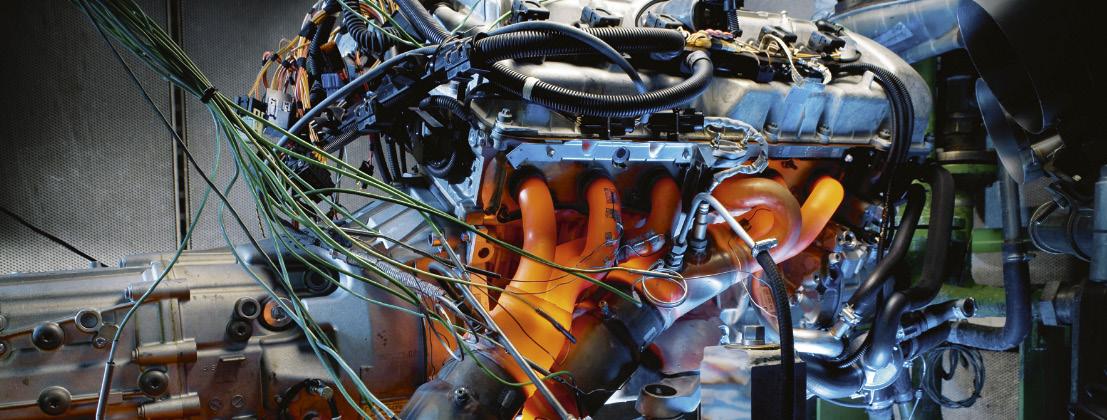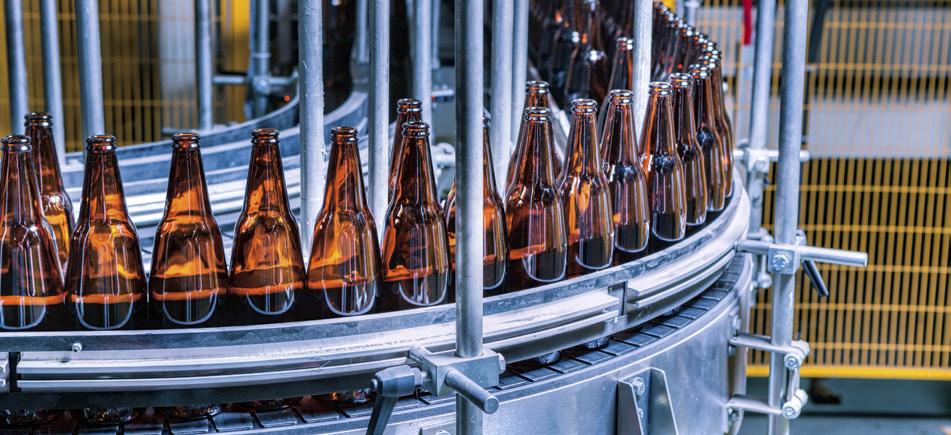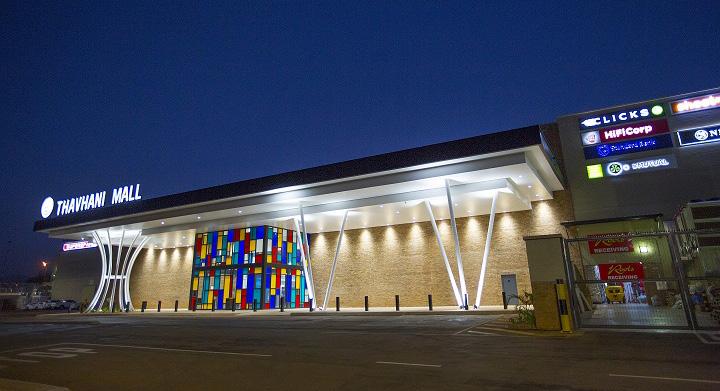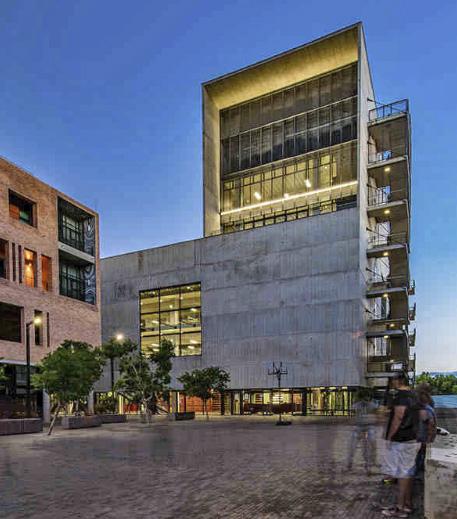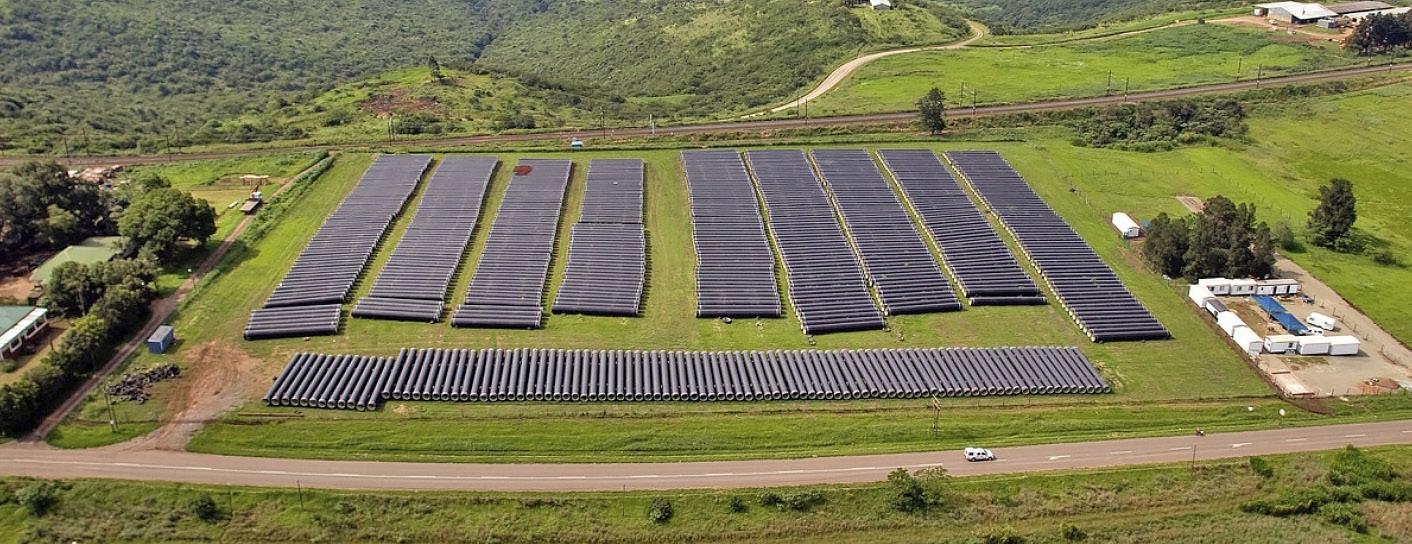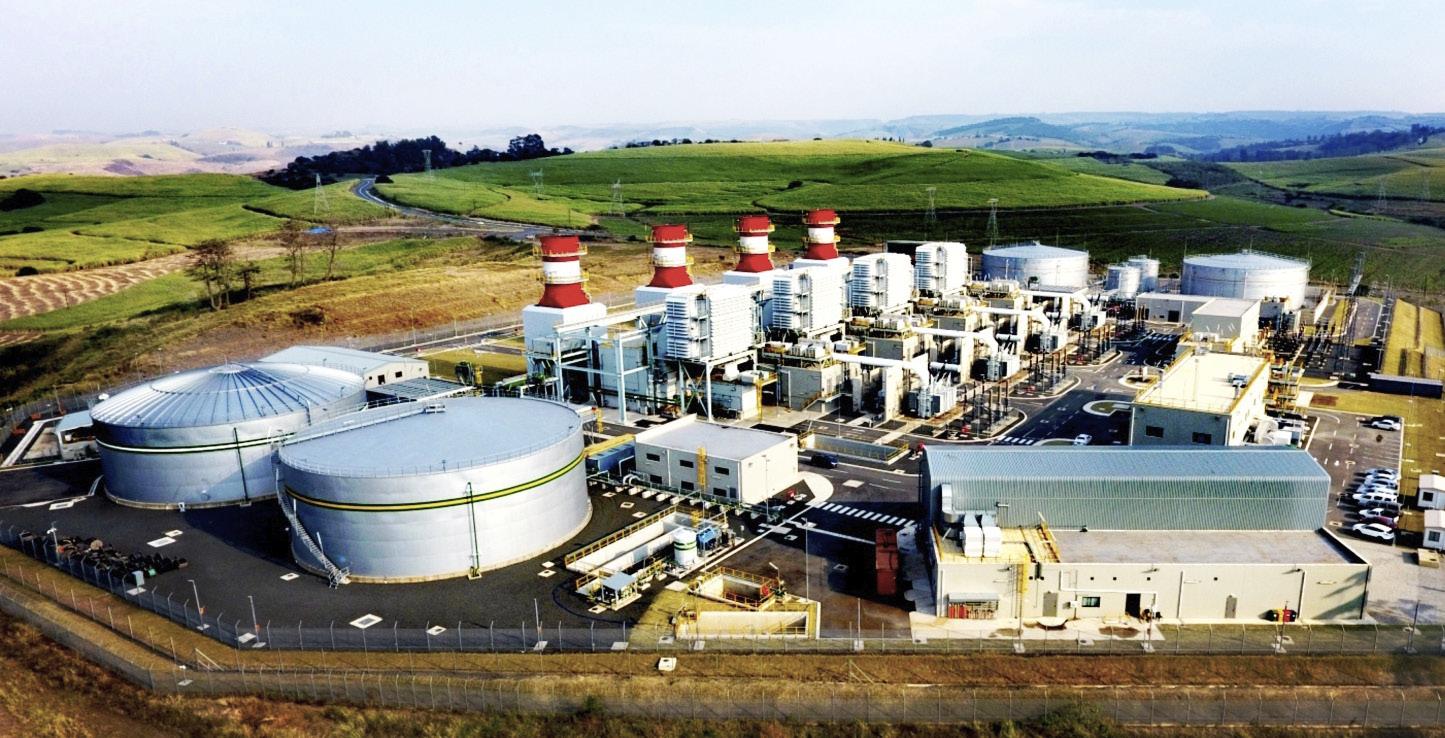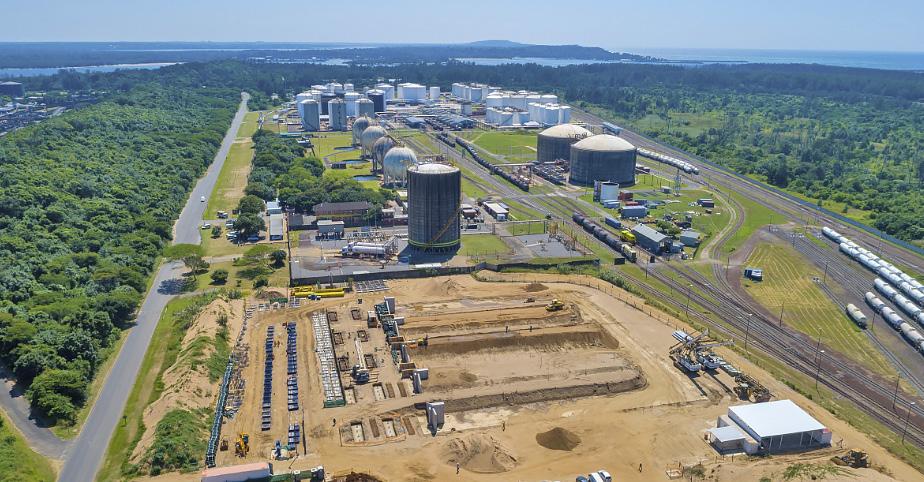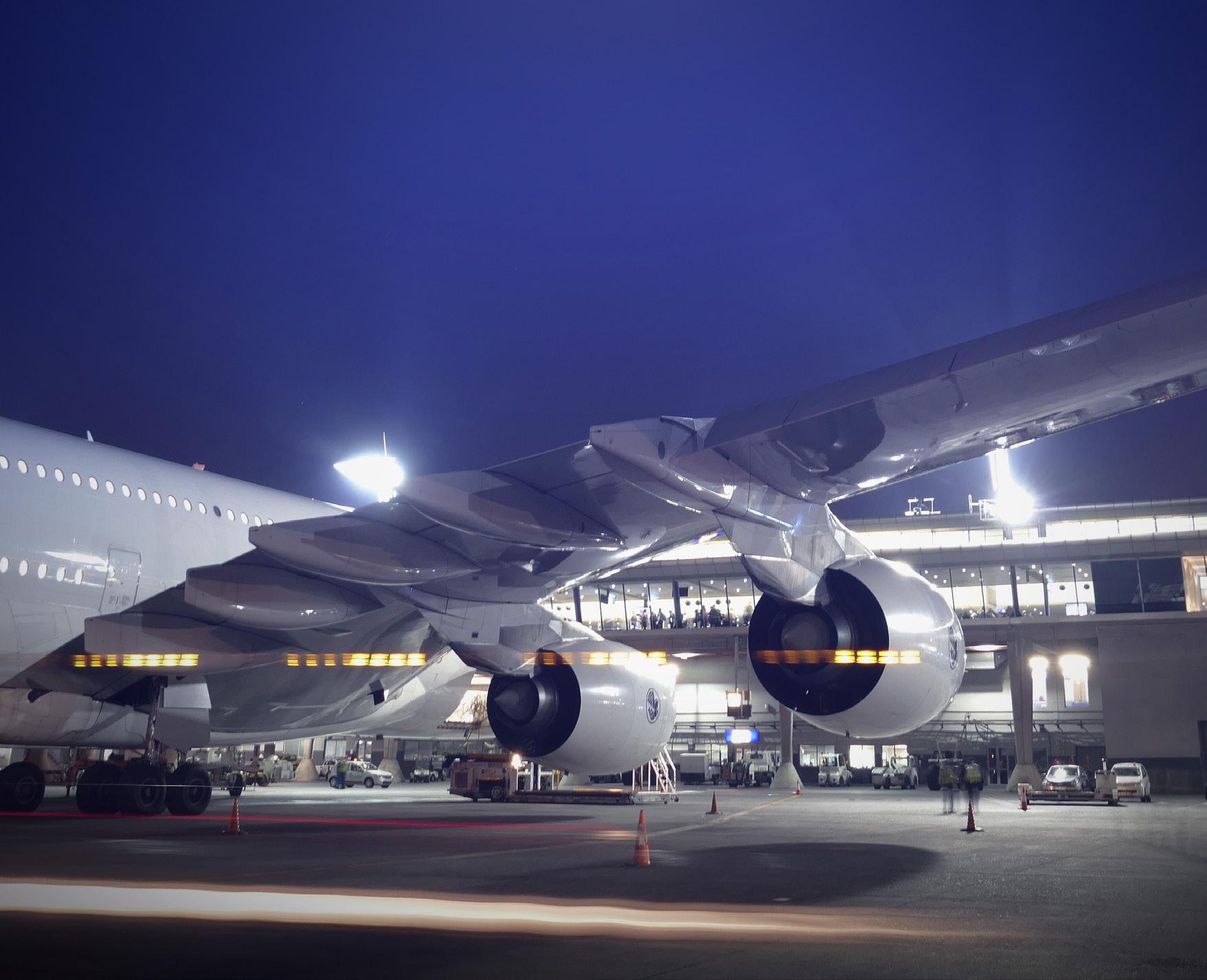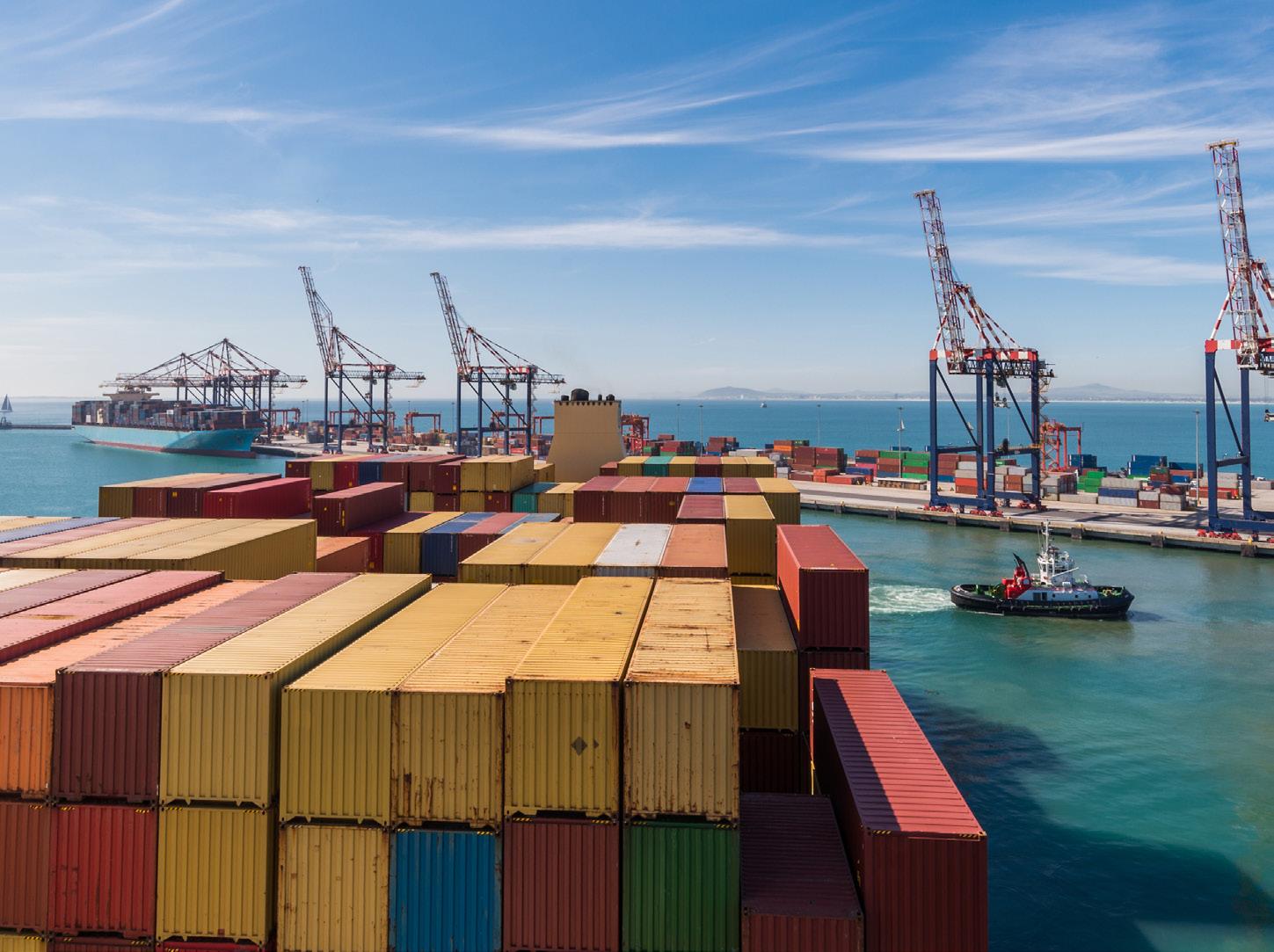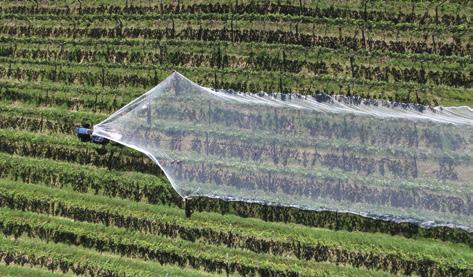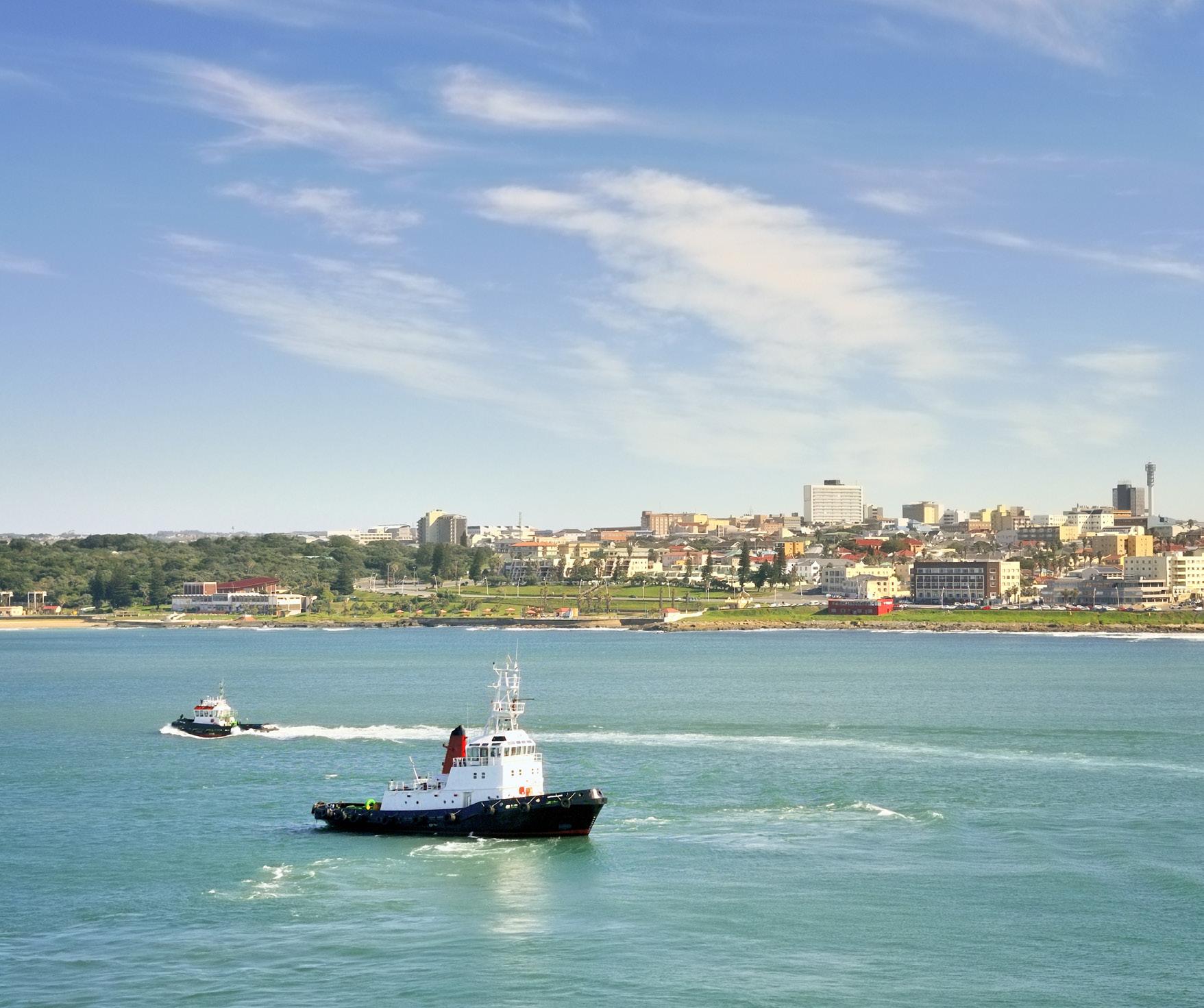OVERVIEW
Food and beverages Small municipalities are struggling to supply services to processors.
SECTOR INSIGHT PepsiCo has bought Pioneer Foods.
T
wo of the best-known large companies in South Africa’s food and beverages sector were purchased by international companies in 2019. The involvement of PepsiCo (which bought Pioneer Foods) and Central Bottling Co of Israel (which made on offer on Clover) confirms that the idea of South Africa being a stepping-stone to the rest of Africa is still alive. Pioneer Foods, which makes and sells a wide range of products from bread, cereal and fruit juice to spreads and pies at various locations around the country, sold for R24.4-billion. Clover is a listed dairy company which in 2017 produced 554-million litres of milk and had revenues of R10-billion. Clover’s action in 2019 in closing three small-town plants in rural areas illustrated a less positive aspect of South African manufacturing: the inability of small municipalities to adequately supply services to companies. Clover moved production to Port Elizabeth, Durban and Johannesburg. Poultry producer Astral’s appeal to national government eventually led to positive results in the Mpumalanga town of Standerton after water and electricity had become scarce commodities. Food and beverages make up 26% of the South African consumer products sector, just ahead of agri-business (25%), diversified companies (23%) and sugar producers. Between 2009 and 2016 the sector grew by 2%. Most recent capital expenditure has targeted improving
ONLINE RESOURCES Agricultural Research Council: www.arc.agric.za FoodBev SETA: www.foodbev.co.za National Agricultural Marketing Council: www.namc.co.za Perishable Products Export Control Board: www.ppecb.com
SOUTH AFRICAN BUSINESS 2020
82
efficiency rather than expansion of production. The food and beverages sector employs about 230 000 people. Beverages account for just over 4% of all manufacturing sales while food is responsible for 13.5%. Within the sector, beverages accounts for 24% of sales. One quarter of the 37% of national GDP that is generated by agri-industries derives from agri-processing. Gauteng, the Western Cape and KwaZulu-Natal are the leading provinces, with half of the companies in the sector in Gauteng. There are about 4 000 food-processing companies in Gauteng, employing more than 100 000 people. Global consumer goods company Unilever has invested nearly R4-billion in recent years. This highlights a trend across the food and beverages sector. In 2016, Nestlé South Africa invested R1.2-billion in adding instant coffee to the products it makes in South Africa. By volume and value, the Joburg Market is the biggest in Africa. There are 55 cold rooms that can accommodate 4 561 pallets of fresh produce at any one time. An average of 10 000 buyers congregate daily on the market’s 65 000m² of trading space.



